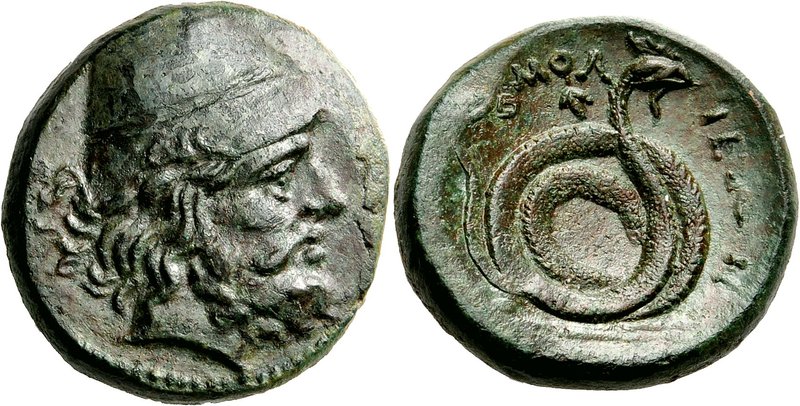
January 26, 2016, by Alex Mullen
Gout: the heroic malady?
Nick Wilshere muses on a ‘humorous’ painful disease:
Painful chronic disease is not something that we generally consider a source of humour. Yet gout – inflammation of the joints, especially in the feet, caused by the formation of monosodium urate crystals – has a long history of being discussed in playful and humorous ways. As long ago as the second century AD, the Syrian-Greek satirist Lucian of Samosata wrote a parodic tragedy on the subject.
A gout-sufferer begins Lucian’s play by comparing the pain to a flame whirling through his body; but ‘podagra’, the ancient Greek term for gout which provides the title of Lucian’s parody, literally means ‘foot-trap’, and a sufferer might well feel as though their foot had been caught in a trap.* This prominent foot-connection is key to one of the tragedy’s jokes.
Although the play is only 334 lines long – about a quarter of the length of a standard tragedy – and apparently has a ‘real-life’ rather than ‘mythic’ setting, it packs in plenty of references to mythological figures, especially when the goddess Gout herself appears. She describes herself as ‘the unconquered goddess’ and ‘She Who Makes Feet Her Prey’, then lists her victims from Greek mythology. Lucian’s joke is that, in the standard versions of the myths, none of these men suffered from gout.
But they are not randomly chosen, since feet play a part in some way in their stories: these are characters who could answer ‘Yes’ to the question ‘Has anything interesting ever happened to you in connection with your feet?’ (to adapt a question from Private Eye’s Me And My Spoons feature). So Gout is apparently doing what many ancient readers of Homer did, suggesting that behind the familiar stories of mythology lie deeper, allegorical meanings: in this case, that mythological references to feet are all coded ways of referring to the power of Gout.
Among these characters are Achilles (of Achilles’ heel fame, but also often described by Homer as ‘swift-footed’), Oedipus (whose feet were fastened together when he was a baby, and whose name means ‘Swollen-foot’), Philoctetes (bitten on the foot by a snake and abandoned by the Greek army because of the wound’s stench) and Podarkes (whose name means ‘swift-footed’). There are also more mysterious references, including one to Odysseus, which perhaps alludes to the memorable scene when the hero’s aged nurse is washing a beggar’s feet, but recognises an old scar on his leg and drops his foot in shock as she realises he is Odysseus in disguise (Odyssey 19. 317-507).
The initiates of Gout’s secret rites (who accompany her in the play) are presumably familiar with these hidden meanings in the myths’ mentions of feet. But perhaps there is also something else behind the joke: by Lucian’s time, medical writers had generally described gout as a complaint mostly affecting males and resulting from an imbalance of humours caused by sexual excess and/or an over-rich diet. So these mythological characters, all male, are made to seem less heroic not only in being felled by a rather unglamorous illness, but also by overindulging in pleasures of the flesh.
Lucian’s humorous presentation of gout begins a long tradition of using it as a way of satirising prestigious people, as the title of Roy Porter & G.S. Rousseau’s Gout: The Patrician Malady (New Haven & London 1998) indicates. Their book surveys medical and cultural attitudes to gout down the ages, with chapter 2 outlining ancient doctors’ theories.
* The English word ‘gout’ derives from the Latin ‘gutta’ – ‘dripping’ – because it was believed to be caused by matter falling down into the feet.
Image credit: Coin from Thessaly showing image of Philoctetes, source http://www.cngcoins.com/Coin.aspx?CoinID=182429, Classical Numismatic Group, Inc., http://www.cngcoins.com, [GFDL (http://www.gnu.org/copyleft/fdl.html), CC-BY-SA-3.0 (http://creativecommons.org/licenses/by-sa/3.0/) or CC BY-SA 2.5 (http://creativecommons.org/licenses/by-sa/2.5)], via Wikimedia Commons.
No comments yet, fill out a comment to be the first

Leave a Reply